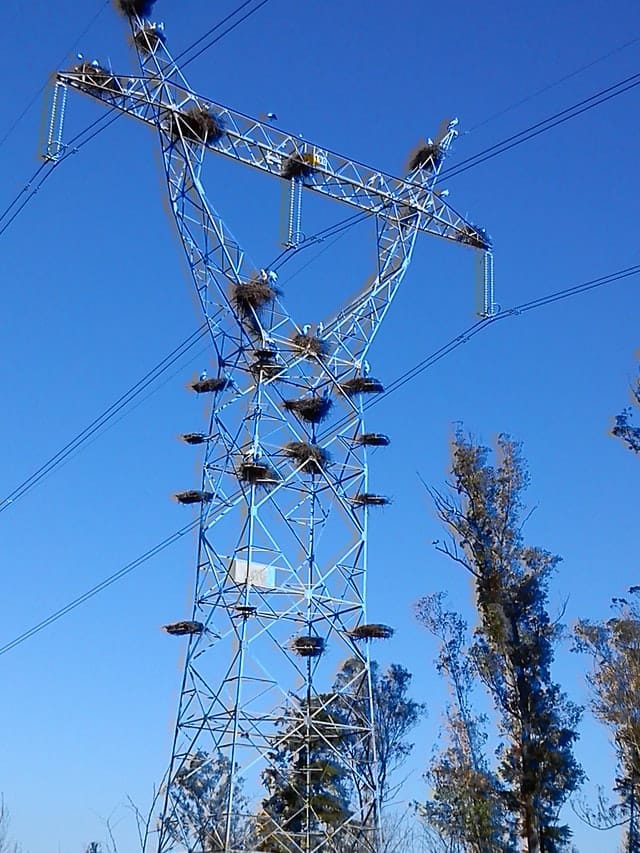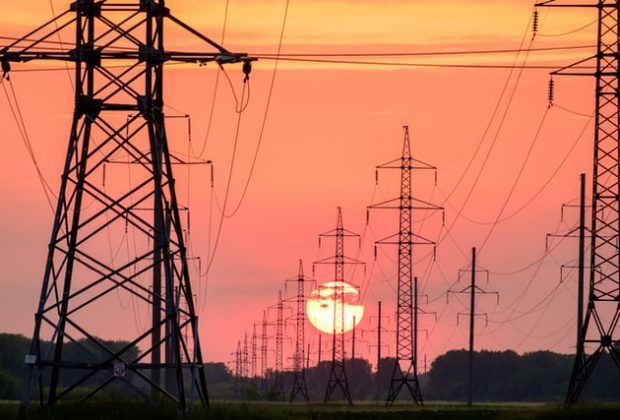What's better: $12, or $24? While that may be a no-brainer, a much more difficult question to answer is whether 12 volts or 24 volts - the most prominently-used options to power your devices - is the better choice when businesses are choosing their power configurations.
Like many things in life, there's not a clear answer, but rather a range of factors that should guide most designers and organisations to a wise choice for the particular application. Let's explore:
12 volts vs 24 volts - Who wins?
- Power
The voltages may seem markedly different, but the amount of power used is actually the same for both 12V and 24V. They're both reliable, the fail rates are very similar, and the way the application will work is fundamentally the same.
- Wiring
It may seem counterintuitive, but while it's double the voltage, a 24V system requires half the amount and size of the wiring and cabling necessary for the power configuration - and that can mean half the cost, too. It may seem that double the voltage would mean more complex, robust and thicker wiring, but the current is actually reduced - therefore minimising the wiring requirements.
- Simplicity
Much more intuitive is that 12V setups are simpler from a design point of view, making them high-performing, more reliable, with the parts easier and cheaper to source.
- Compatibility
Another consideration is that a 24V power supply has greater compatibility with the vast range of AC appliances out there on the market, which is always an important consideration for organisations looking to be competitive. There is always the option to deploy a so-called 'step down' converter, with power more easily stepped down from 24V to 12.
However, there are also brilliant products out there now to reliably 'step up' the voltage, such as a high quality 12V to 24V converter. The big advantage of a product like this is that the on-board input voltage boost will save you weight, space and cost with the help of an affordable and replaceable part.

- Wattage
We may be talking about double the voltage, but a 24V system uses only half the amps of a 12V system - for exactly the same wattage. For example, a 12V application powering 100 watts uses just over 8 amps, while the same setup with 24V uses just over 4 amps.
- Safety
However, especially if your application is going to be run directly from battery, 12V is undoubtedly the better and more widely deployed solution from a safety point of view - simply because the operating voltage is lower. In terms of the way 12V and 24V devices function, there is no concrete advantage of using 24V for battery-operated systems.
The final word
At the end of the day, if someone tells you that one voltage setup is better than another, they're probably trying to sell you something! The reason 12V, 24V and other voltage arrays are out there is because there are pros and cons to all of them. So don't just ask 'someone' - always ask an experienced expert.




